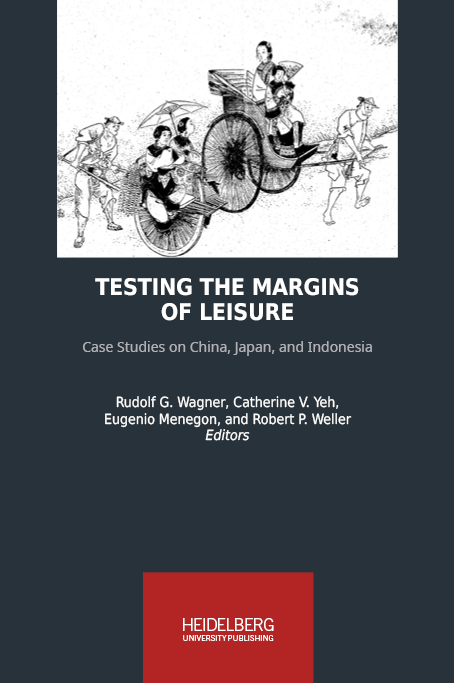Zitationsvorschlag
Lizenz (Kapitel)

Dieses Werk steht unter der Lizenz Creative Commons Namensnennung - Weitergabe unter gleichen Bedingungen 4.0 International.
Identifier (Buch)
Veröffentlicht
Frames of Leisure
Theoretical Essay
Abstract This essay tries to delineate some of the general frames that define leisure. A frame marks a border between inside and outside. It signals a particular cohesiveness of what is inside as well as a marked difference towards the outside. In the case of leisure, these frames such as time, space or forms of exchange are not hard but are determined by both subjunctive and extraneous factors. Their malleability and contested nature is the common theme of this book. The purpose of this theoretical inquiry thus is not to define the multiple historically changing forms of human leisure, but the constitution of the framework within which they are pursued. While engaging with the rich Euro-American scholarship on leisure, for the delineation of this framework, this essay tries to overcome a Euro-centric bias in terms of theoretical oncepts and historical sources. It focuses on case studies in different Asian historical environments in which new features come to light. Two examples stand out, the role of state and religious authorities in defining legitimate leisure, and the importance of the transcultural nature of leisure, which accounts for it being the major source for cultural innovation and social change.
Keywords leisure theory, government regulation of leisure, providers and consumers of leisure, gift economy, space and time of leisure






